diesel vs. gasoline pressure washer
- By BISON
Table of Contents
High-pressure washers, a revolutionary tool in the world of cleaning, have become a staple in various industries and residential settings.
High-pressure washers come in a variety of types based on their power source. These include electric, diesel, and gasoline pressure washers, each possessing unique characteristics and advantages that make them suitable for varying cleaning requirements.
Our focus today narrows down to two specific types of high-pressure washers: Diesel and Gasoline. In this comprehensive article, BISON will delve into aspects such as the distinct features, performance, and suitability of these two models, a subject often debated among users and potential dealers.
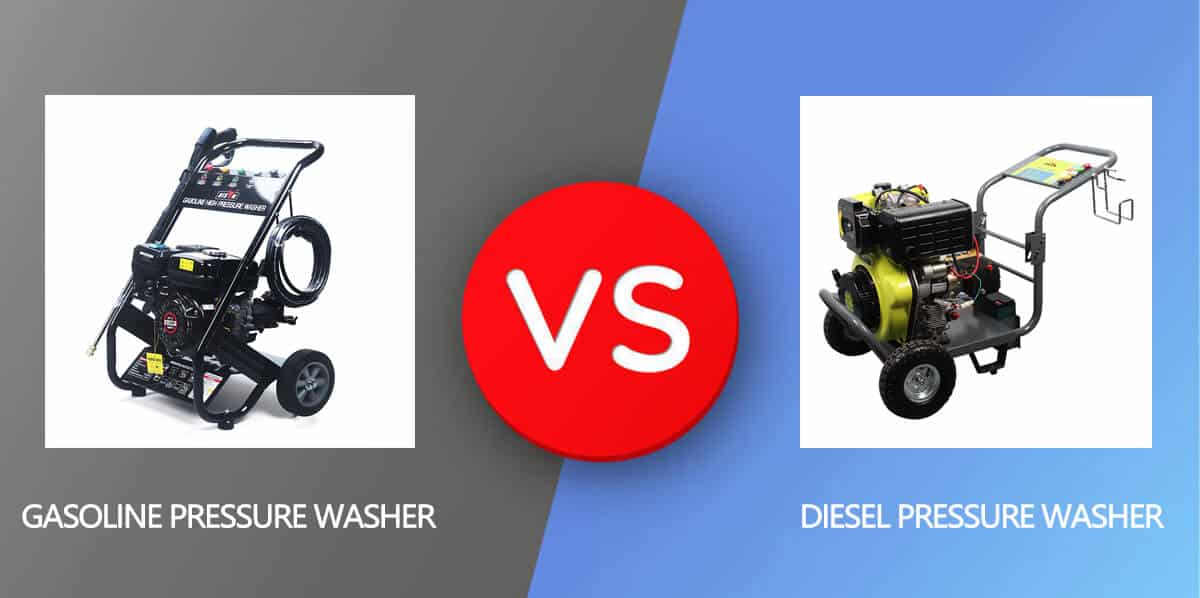
Diesel high-pressure washer
A diesel high-pressure cleaning machine, also known as a diesel pressure washer, is a powerful cleaning tool powered by a diesel engine. The operation of a diesel high-pressure washer begins with the diesel engine, which powers a water pump. This pump sucks in water from a connected source, pressurizing it before spraying it out through a high-pressure hose and nozzle.
Advantages of diesel high-pressure washers
- More Powerful: Diesel engines are typically more powerful than their gasoline counterparts. This additional power translates into a higher water pressure output, making diesel pressure washers ideal for heavy-duty cleaning tasks.
- Fuel Efficiency: Diesel engines are known for their fuel efficiency. They consume less fuel and run longer than gasoline engines, making them cost-effective for long cleaning jobs.
- Red Diesel Availability: Red diesel, a lower-taxed variant of diesel fuel intended for specific uses (such as powering agricultural machinery), can often be used in diesel pressure washers, providing a cheaper fuel alternative.
Disadvantages of diesel high-pressure washers
- Cost: Diesel high-pressure washers are typically more expensive upfront than gasoline pressure washers. The higher power output and durability come with a higher price tag.
- Weight and Noise: Diesel engines are generally heavier and noisier than gasoline engines. This can make the pressure washer harder to maneuver and potentially disruptive in quiet environments.
- Maintenance: Diesel engines can require more complicated maintenance than gasoline engines. They may need regular servicing to ensure they remain in good working order, potentially adding to the total cost of ownership.
Gasoline pressure washer
Gasoline pressure washer, also known as a petrol pressure washer, is a cleaning device powered by a gasoline engine. The gasoline engine powers a water pump in the pressure washer. This pump draws in water from a connected source, pressurizes it, and then expels it at high speed through a hose and nozzle.
Advantages of gasoline pressure washers
-
Cost: Gasoline pressure washers are typically cheaper than diesel pressure washers. This makes them a more budget-friendly choice for those needing a pressure washer for occasional or light-duty cleaning tasks.
-
Weight and Noise: Gasoline engines are generally lighter and quieter than diesel engines. This makes the pressure washer easier to maneuver and less disruptive in noise-sensitive environments.
-
Maintenance: Maintenance of a gasoline pressure washer is typically simpler than that of a diesel model. They require less frequent servicing, making them more convenient for infrequent users or those with less mechanical knowledge.
Disadvantages of gasoline pressure washers
-
Power: Gasoline pressure washers are usually less powerful than diesel pressure washers. This means they may not be suitable for heavy-duty or industrial cleaning tasks.
-
Fuel Efficiency: Gasoline engines are less fuel-efficient than diesel engines, meaning they may consume more fuel for the same amount of work, which can interrupt longer cleaning tasks.
Head-to-head comparison
| Feature | Diesel Pressure Washer | Gasoline Pressure Washer |
| Cost | More expensive upfront | Cheaper upfront |
| Weight & Noise | Heavier and noisier | Lighter and quieter |
| Maintenance | More complicated maintenance required | Easier to maintain |
| Power | More powerful, suitable for heavy-duty tasks | Less powerful, suitable for light to medium tasks |
| Runtime | Longer runtime due to fuel efficiency | Shorter runtime; needs frequent refueling |
| Fuel Efficiency | More fuel-efficient | Less fuel-efficient |
| Fuel Type | Can run on regular diesel or red diesel | Can only run on gasoline |
Choosing the right pressure washer
When deciding between a diesel and gasoline pressure washer, consider the following factors:
Frequency of Use: If you plan to use your pressure washer frequently or for long periods, a diesel model might be more cost-effective in the long run due to its fuel efficiency.
Size of Job: For heavy-duty tasks, such as cleaning large buildings or machinery, a powerful diesel pressure washer is often the better choice. However, for smaller tasks like cleaning patios, vehicles, or outdoor furniture, a gasoline pressure washer should suffice.
Budget: While diesel pressure washers are typically more expensive upfront, they may offer savings over time due to their fuel efficiency and durability. On the other hand, if you’re on a tight budget and only need a pressure washer for occasional light-duty tasks, a gasoline model might be more suitable.
When a diesel pressure washer might be a better choice
A diesel pressure washer could be the best choice when you have large, heavy-duty cleaning tasks or need to use the washer frequently. This includes scenarios such as:
Cleaning a large commercial building or industrial equipment.
Operating a professional pressure washing business where the washer will be used daily.
Working in a rural setting where access to red diesel makes this a more economical choice.
When a gasoline pressure washer might be a better choice
A gasoline pressure washer might be a more suitable choice when your cleaning tasks are smaller, less frequent, or when budget is a primary concern. For example:
Cleaning residential properties, like washing cars, patios, or outdoor furniture.
Occasional use for tasks like preparing a house for painting.
Situations where the initial cost is a significant factor, such as for homeowners who only plan to use the pressure washer a few times a year.
Summary
This article has provided a comprehensive comparison between diesel and gasoline pressure washers. We explored the definition, working principle, advantages, and disadvantages of each type.
Choosing between a diesel and gasoline pressure washer ultimately depends on your specific needs and circumstances. Both have their strengths and potential drawbacks, and the right choice will largely depend on your individual requirements, preferences, and budget.
It’s important to note that this article provides a general comparison and there can be considerable variation from model to model. Always consider factors such as brand reputation, warranty, and availability of replacement parts when making your final decision.
Call to Action
If you’re a pressure washer dealer currently weighing the pros and cons of gasoline versus diesel pressure washers, we invite you to get in touch with us. As a professional high-pressure washer factory in China, BISON has the expertise and experience to guide you in making the best choice for your business. Whether it’s understanding the nuances between different models or getting a clearer picture of what will work best for your specific needs, our team at BISON is ready to assist. We’re confident we can help you find the perfect balance between power, efficiency, and cost-effectiveness. Reach out to BISON today and let’s explore the world of high-pressure washers together.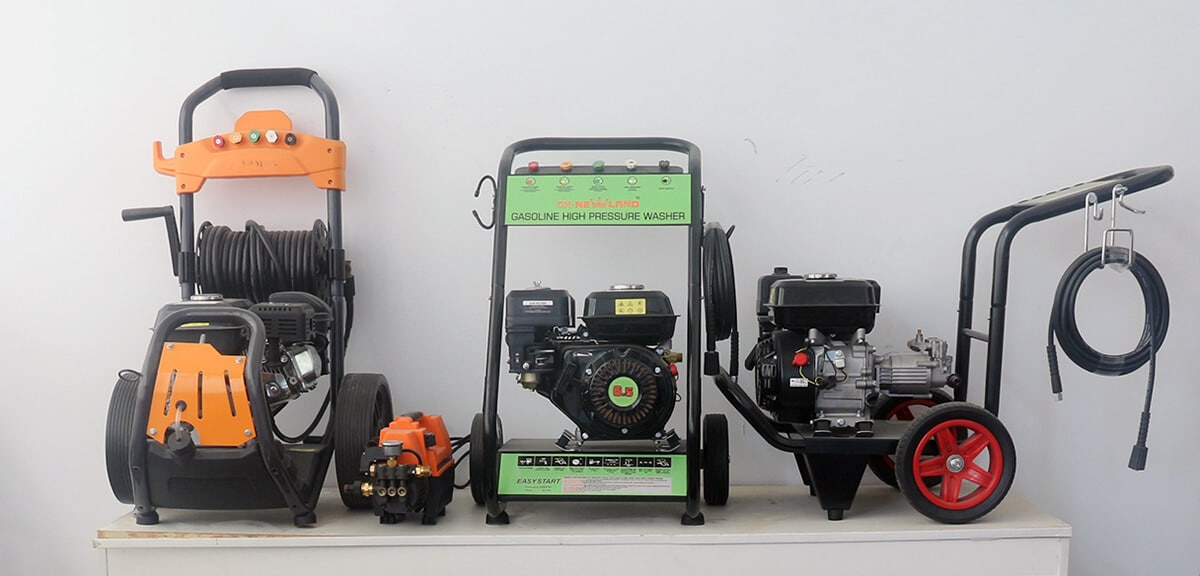
.png)
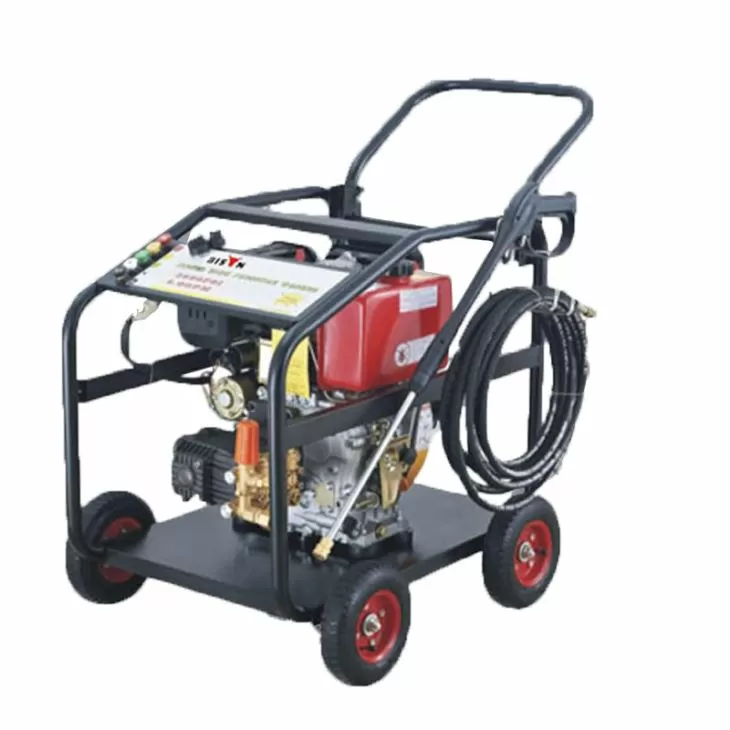
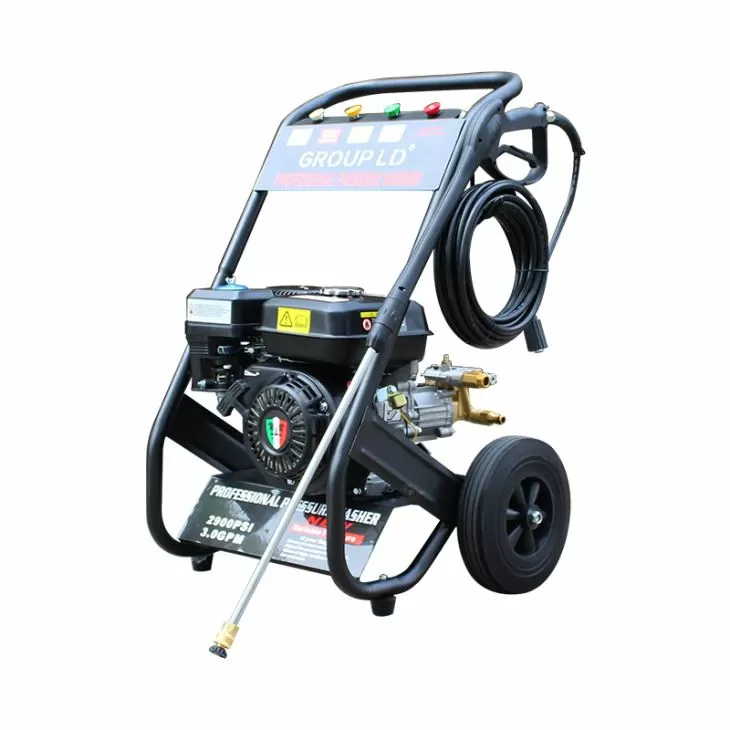
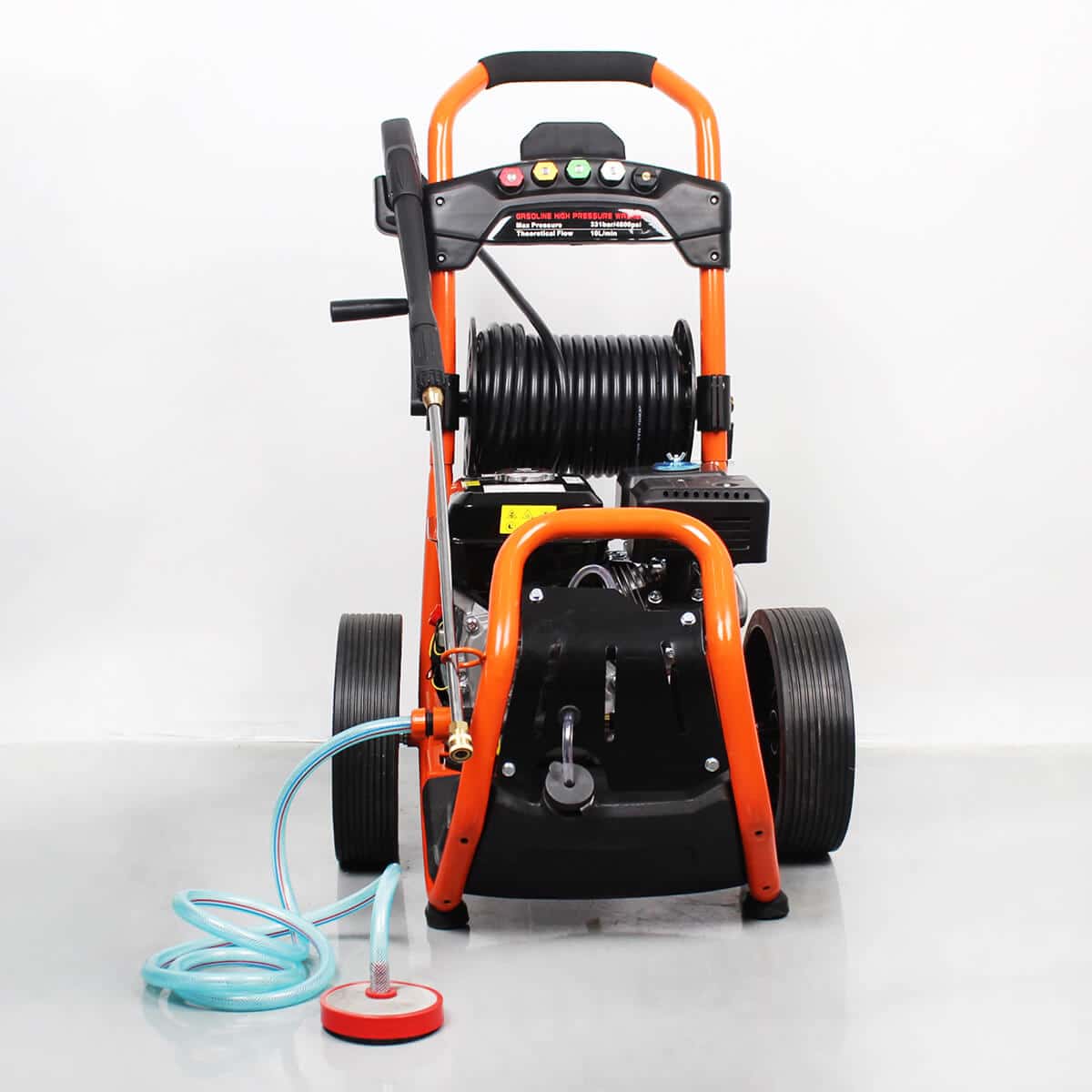
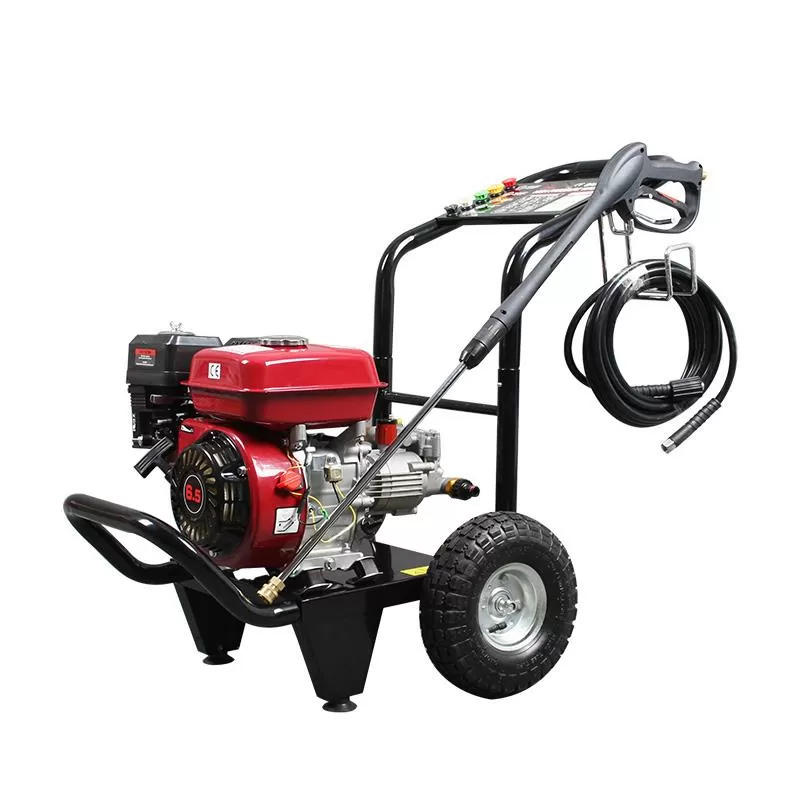
-qbpqbzxxvtguiuwezisu6wo6j1i29b4m1el1ir1u8o.png)

